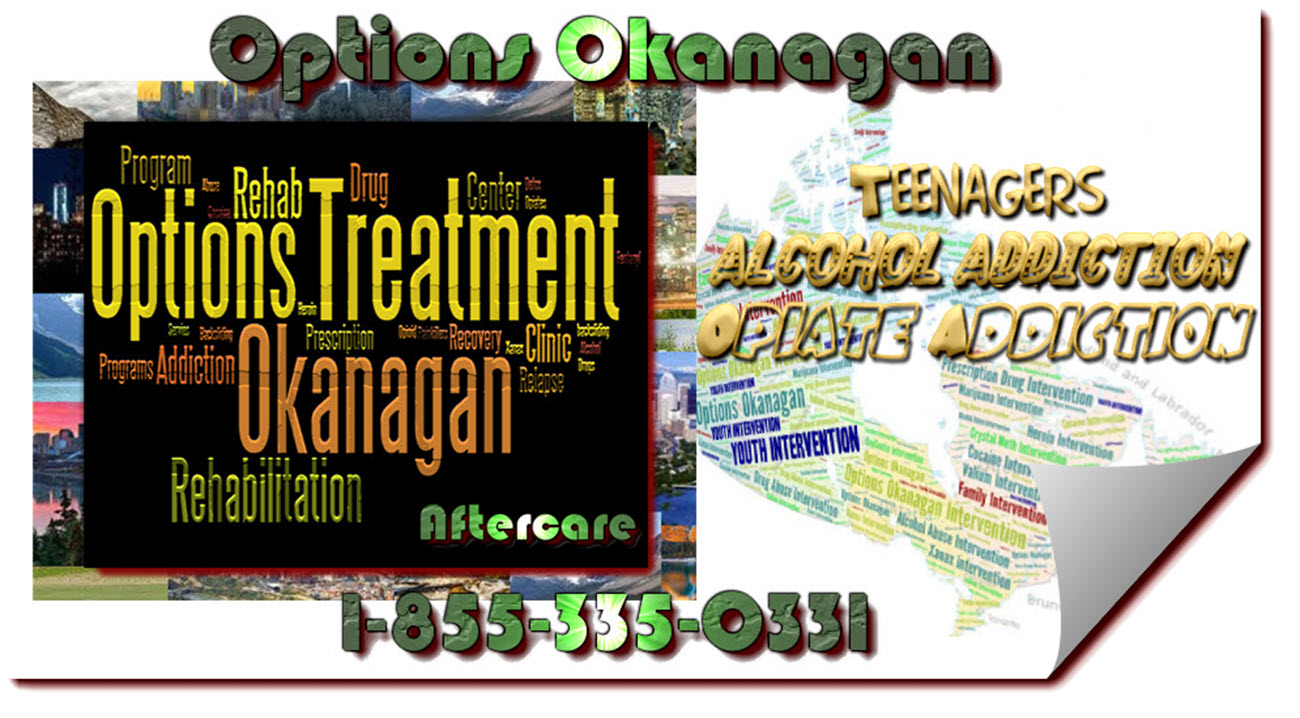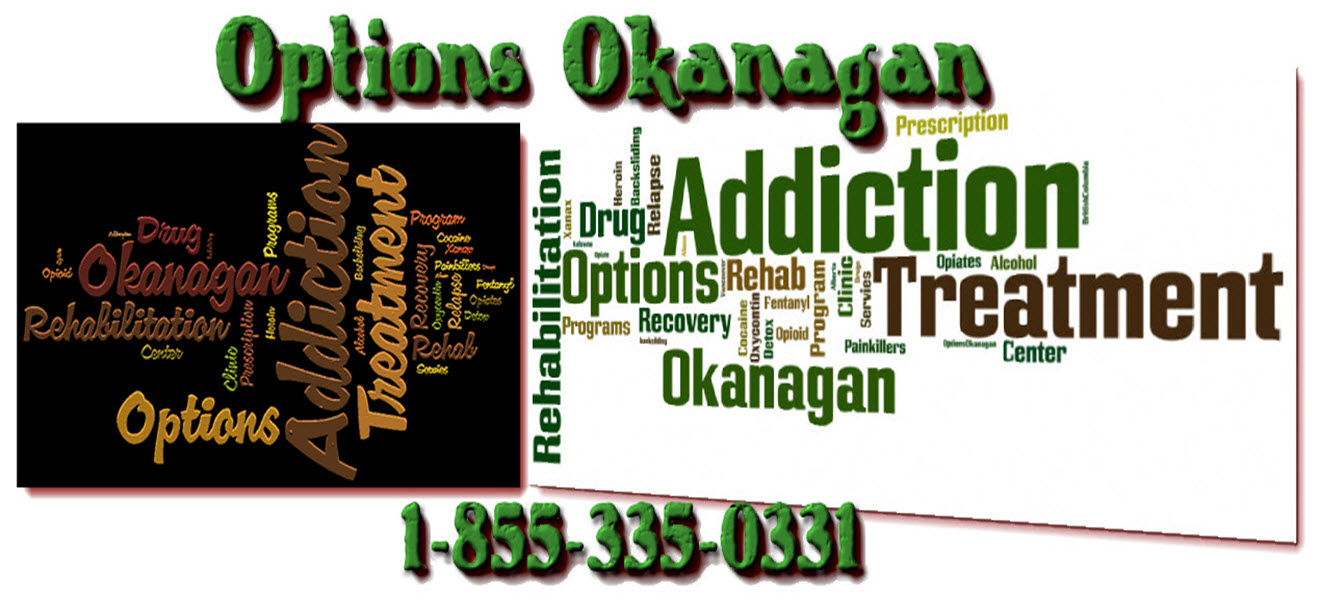Exposing the many misconceptions regarding addiction rehabilitation (Rehabs). Opioid addiction treatment in British Columbia and Alberta – How to treat opiate addiction – Options Okanagan Treatment Centers in Kelowna, British Columbia treating drug, opiate, fentanyl, heroin, and alcohol addiction and recovery.
Opiate Rehab Treatment In BC & Alberta
In a few circles, the addiction recovery sector has a negative reputation or credibility issue. While it holds true that individuals in some cases relapse after addiction recovery, rehabilitation facilities are established to provide individuals with the most effective possible chance at long-lasting, continual sobriety. This is particularly crucial for teenagers dealing with substance use disorders (SUD).
False: Rehabilitation centers only care about an individual’s money.
The reality and truth are rehab facilities are staffed by people who have a passion for helping.
Individuals that work in the addiction recovery sector have usually chosen it due to the fact that they have a real and genuine chance to make a difference in the lives of individuals they work with to help them get better.
Options Okanagan facilities are staffed by compassionate and thoughtful addiction recovery professionals who dedicate and commit themselves to every client’s individual journey. As a matter of fact, frequently individuals in recovery return as counselors and various other supporting staff team members to help provide others in addiction the very same chances for healing and recovery. As a result of this, they have the ability to understand the patients’ struggles and battles as well as relate and connect their very own challenges and obstacles as well as victories. This permits the staff to give support as well as guidance from a distinct, personal viewpoint that allows clients to see firsthand what life in long-lasting addiction recovery looks like and resembles.
False: An individual only needs support for detox.
The reality and truth are that detox is just the first step of treatment.
Detoxification is the process through which an individuals’ body clears itself of the substances they have been abusing. Detoxification can be painful, however, it just deals with the physical facets of addiction. As soon as the abused substance clears an individual’s system, they will still need to overcome their cravings and also resolve the underlying problems that led them to abuse substances in the first place.
Getting support throughout detoxification is an excellent idea, however, it is just the initial step to long-lasting recovery. Having support to deal with and resolve all facets of a person’s dependency is crucial to remaining sober. Detoxification treatment only addresses the physical signs and symptoms of substance use disorders (SUD), however, it is not where the addiction recovery road ends.
False: Detoxification is not worth the pain and discomfort.
The reality and truth are that clinically supervised detoxification can reduce the pain and discomfort of withdrawal.
Detoxification brings a host of unpleasant physical symptoms, from throwing up to shakiness as well as impaired thinking. Many individuals with dependencies live their life attempting to stay clear of being “dope-sick,” or experiencing the symptoms of withdrawal. As a result of this, voluntarily choosing to detoxification can be frightening.
Nevertheless, selecting a treatment center that offers medically-supervised detoxification can help alleviate fear and anxiety. In clinical detoxification, medical professionals use medications that reduce the pain and discomfort of withdrawal and also handle symptoms, permitting each patient to go into treatment and therapy in the very best possible state of mind, as opposed to reeling from the physical trauma of detoxification. Furthermore, medically monitored detoxification helps to protect against the misuse of medications as well as the growth of brand-new addictions to the treatment.
False: Medically-assisted treatment and therapy are simply trading one medication for another.
The reality and truth are that medications enable an individual to safely manage chronic conditions.
For a long period of time, the treatment and recovery sectors have actually focused and concentrated on complete abstaining. However, that is not the case now, it is changing as medical professionals, physicians, as well as individuals, understand the advantages and benefits of using medicines to handle long-lasting chronic health problems, which includes addiction and also mental disease.
Going through medically-assisted treatment is totally different from the misuse and abuse of illegal drugs. Throughout medically-assisted treatment, individuals are supervised by clinical personnel that carefully monitor the dosages as well as duration periods of the drugs used. This will help safeguard against brand-new dependency issues.
The medications can help individuals with opioid use disorders or alcohol addiction. People with dual-diagnoses of mental disease and substance use disorders (SUD) might be given medications to help deal with neuro-chemical imbalances. When these individuals have actually been stabilized, they can take advantage of therapeutic and restorative interventions and treatments. This will enable individuals to have the ability to develop stress and anxiety management skills as well as favorable coping systems.
False: Addiction recovery is all about willpower and self-control.
The reality and truth are that making wise choices about sobriety is far better than attempting to power through challenges and obstacles.
Addiction is a disease and an illness, not a moral or ethical failing. As a result, depending only on willpower or self-control to remain sober can inadvertently bring about a relapse. Long-lasting success in sobriety has to do with mindfulness and also conscious commitment and dedication to maintaining a person’s recovery as a top priority. Also making the right decisions that will not put that commitment and dedication in jeopardy or at risk. This strategy implies staying clear of triggering circumstances and scenarios as opposed to trying to power through them, and by surrounding one’s self with supportive and encouraging individuals rather than going back to poisonous relationships and connections, and so forth. It additionally implies locating a treatment facility that can link an individual with the right tools that will help them remain sober and live a drug-free life.
Options Okanagan Opiate and Alcohol Treatment Centers in Kelowna, Salmon Arm and Vancouver, British Columbia – Men and Women are recovering and healing from Alcohol and Drug Abuse at our treatment center here in the Okanagan right now.
Our unique and distinctive Opiate Drug and Alcohol treatment program allows men and women to come in from Calgary as well as Edmonton as we offer airport pickup.
Numerous clients come to us from Vancouver, Calgary, and Edmonton and other locations in Alberta and even other provinces for Opiate addiction treatment, heroin drug treatment, many other drug and alcohol addictions for rehabilitation because of the uniqueness of our treatment center.
Our (Kelowna ) Alcohol and Opiate Treatment Program Location:
(Not Mailing Address) Contact Us – Web Page
For Mail Delivery :: Please contact each center for correct mailing addresses, also this location is the location of our residential treatment programs in Kelowna. Please call Toll Free 1-855-335-0331 to contact the treatment center you are going to for the address and directions.
Options Okanagan Drug and Opiate Treatment Center
551 Sherrydale Crescent, Kelowna, British Columbia, V1V 2E6
Toll Free Phone Number : 1-855-335-0331




